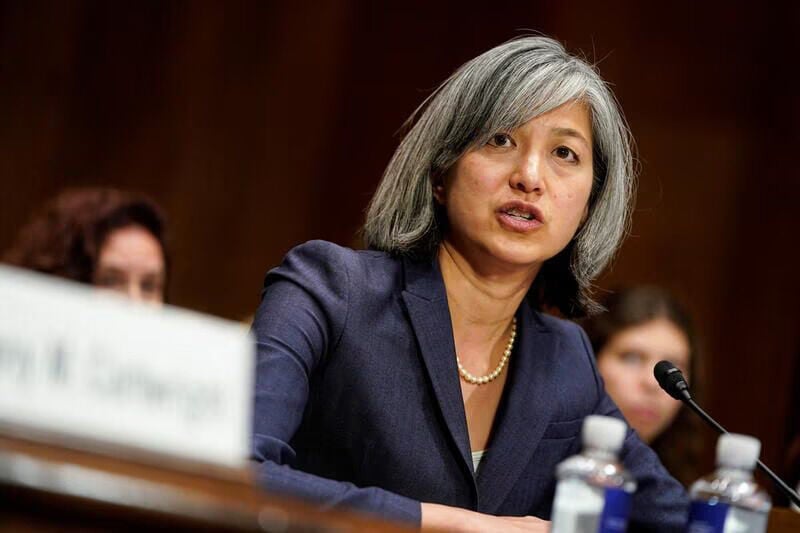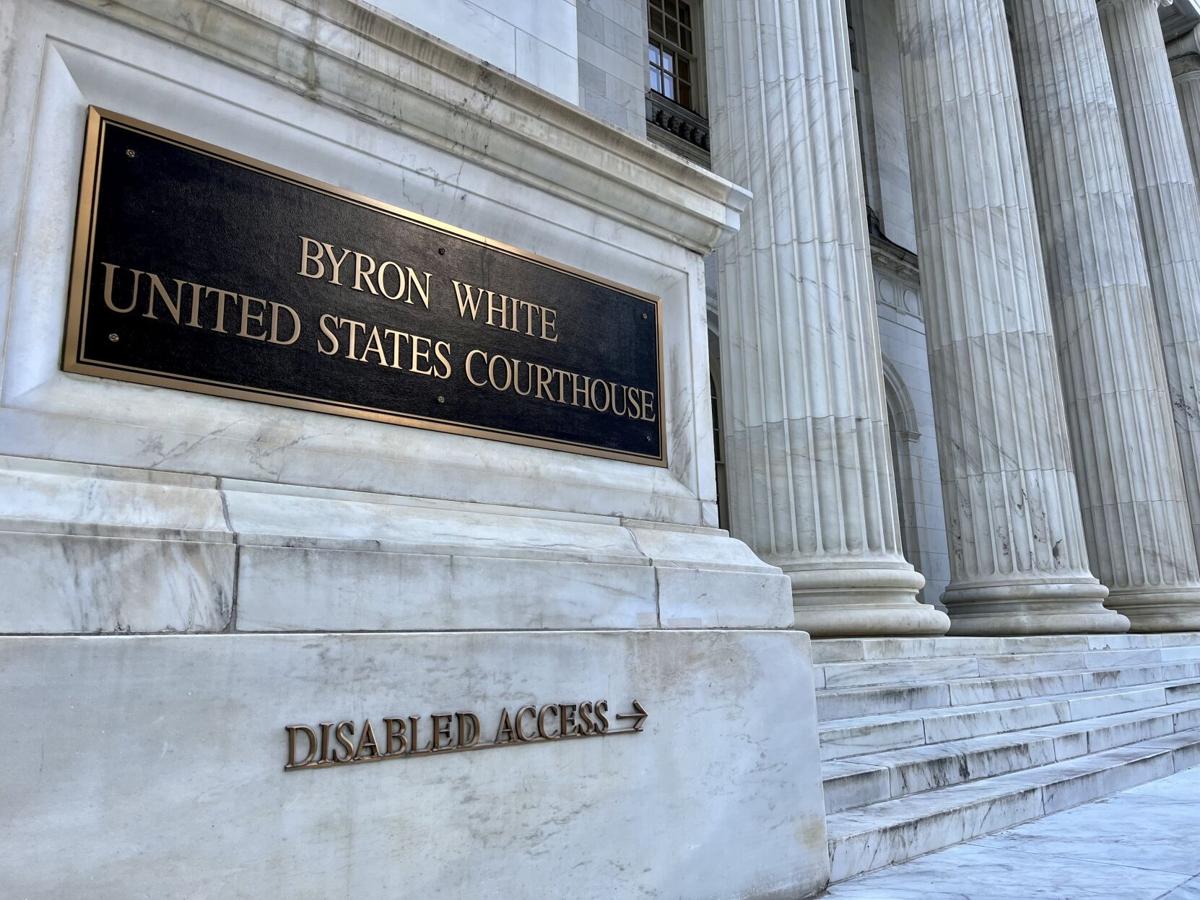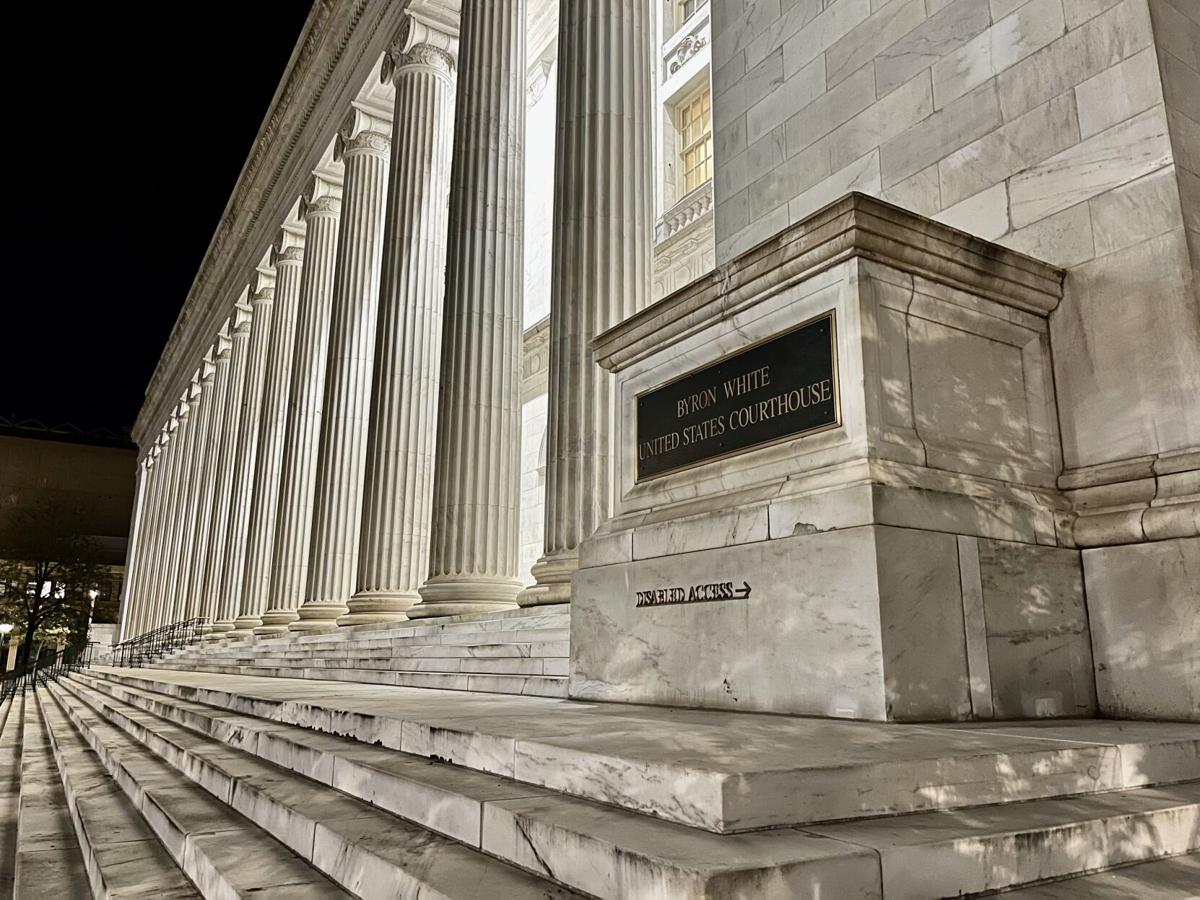10th Circuit says parents failed to show school policies on gender identity violated their rights
Two sets of parents failed to show how a Larimer County school district’s policies, which addressed how staff should treat students’ gender identities, were responsible for their “strained” family relationship, the Denver-based federal appeals court ruled on Tuesday.
At the same time, one judge suggested a policy enabling staff to keep parents “in the dark” about their children’s gender identities may run afoul of the U.S. Constitution.
The Lee family and the Jurich family, whose sixth grade students were enrolled in Poudre School District R-1, sued because their children allegedly experienced extreme distress after attending an after-school club meeting that focused on gender and sexual orientation. The parents alleged the school district’s policies violated the principle of substantive due process — which protects certain fundamental rights from government interference.
But a three-judge panel of the U.S. Court of Appeals for the 10th Circuit indicated it was unclear what specific, fundamental right the parents claimed was infringed. Moreover, the panel determined the challenged policies, governing what information staff may disclose to parents about a student’s gender identity, did not apply to the specific scenario involving the after-school club meeting.
Judge Carolyn B. McHugh, writing separately, agreed with that conclusion. However, she also believed the parents had alleged district policy requires employees to help students “conceal their gender identities from their parents.” In her view, such a policy, applied in a different case, may result in a constitutional violation.
“Quite simply, although the Constitution presumes that parents will act in their children’s best interests, the district’s alleged policy presumes otherwise by helping students hide important information from their parents,” she wrote. “This policy impedes parents’ longstanding, fundamental right ‘to speak and act on their (children’s) behalf.'”

A notebook and pencil on a desk in a school classroom
diane39
‘Encouraged secrecy’
The Lee and Jurich families alleged their children, identified as C.L. and H.J., respectively, were invited to attend an after-school meeting of the Genders and Sexualities Alliance. The alleged content of the meeting was similar each time:
• Attendees were told if they were not completely comfortable with their bodies, they probably were transgender
• There was a discussion of suicide rates among trans people
• Students received prizes for announcing they were transgender
• They heard it may not be safe to talk to parents about students’ transgender status or about the GSA meeting
C.L., who allegedly attended after being told the meeting was for an “art club,” went home and told her parents she was transgender. That prompted “several difficult and stressful conversations.” The Lee family disenrolled C.L. from the district and a “strained parent-child relationship” ensued. C.L. later abandoned the idea that she was trans.
In H.J.’s case, she allegedly began to have suicidal thoughts after the GSA meeting and also began to question her gender identity. She underwent a “significant emotional decline” and made a suicide attempt. Her parents eventually disenrolled her from public school.
The families, who noted they have “strong and sincere religious convictions,” sued the school district.
In December 2023, U.S. District Court Judge Nina Y. Wang dismissed the claims. She acknowledged parents have a fundamental right to direct the “care, custody and control of their children,” but they do not have the constitutional right to control “each and every aspect of their children’s education.”

Nominee to be United States District Judge for the District of Colorado Nina Nin-Yuen Wang, testifies before the U.S. Senate Judiciary Committee during her confirmation hearing on Capitol Hill in Washington U.S., May 25, 2022.
REUTERS/Joshua Roberts
Based on her understanding that the families were asserting a constitutional right to be notified about topics within the district’s curriculum, Wang found no legal support for that theory.
The plaintiffs moved to amend their lawsuit to clarify they were not mounting a curriculum challenge. Instead, they cited district guidelines and policies that enabled staff to withhold information about a student’s transgender or nonbinary status to parents, except where legally required or with the student’s permission.
The “encouraged student secrecy,” which affected parents’ right to decide “whether to maintain their child’s enrollment in school,” was the constitutional violation, they alleged.
Wang, a Joe Biden appointee, was once again skeptical about the specific right involved. But instead, she noted there was nothing in the policies “that requires or even suggests that instructors of gender-inclusive clubs should encourage students who are attending to confide in teachers rather than their parents, or to hide their attendance or the topics of discussion from their parents.” Consequently, she rejected the attempt to amend the lawsuit and closed the case.

What is the right?
On appeal, the 10th Circuit panel, consisting of three Barack Obama appointees, also struggled to determine what fundamental right was allegedly violated based on the students’ attendance at the GSA meeting.
“It seems like the parents are arguing they have a fundamental right to receive information from the school, even if they haven’t asked for it,” said Judge Scott M. Matheson Jr. during oral arguments.
“I really was looking and looking, thinking this was going to be argued as a major medical concern and a health issue,” said McHugh. But “there’s no argument” about that.
Judge Gregory A. Phillips suggested the policies cited by the parents were not actually aimed at the situation that occurred with the two families.
“Instead, it’s the child coming to the guidance counselor and to the teacher and says, ‘I’m having these issues,'” he said. “But where is the district policy that says to the teacher, to the guidance counselor, to the substitute teacher, ‘Go ahead and do this GSA Alliance and get your kids huddled and then tell ’em these various things?'”
“I would submit the guidelines don’t trust parents,” responded attorney Richard P. Lawson, of the Donald Trump-aligned America First Policy Institute. The district’s policies discouraging the disclosure of certain details to parents are “what poisoned the relationship between the children and their parents. That’s our harm.”
In the panel’s April 22 opinion, Phillips, writing for himself and Matheson, declined to say whether the parents had identified a fundamental right that the district allegedly violated. Rather, they determined the identified policies did not cause the students to have a negative experience at the GSA meetings.

The Byron White U.S. Courthouse in downtown Denver, which houses the 10th U.S. Circuit Court of Appeals.
colorado politics file
A potential constitutional violation
McHugh, in her concurrence, observed the district’s policies do not direct employees to discourage students from keeping their gender identities a secret from their parents. But she noted multiple instances where policy does allow staff to help students keep their true gender identity concealed.
“This policy implicates a substantive due process right the Supreme Court has frequently enforced: ‘the fundamental right of parents to make decisions concerning the care, custody, and control of their children,'” she wrote. “While the district may disagree with how some parents may react when they learn about their children’s gender identities, the district may not seize control of a child’s upbringing based on a ‘simple disagreement’ about what is in the child’s best interests.”
But because the policies cited in the lawsuit did not discourage C.L. and H.J. from discussing gender identity with their parents, McHugh, too, believed the amended lawsuit was not viable.
“Unless parents’ fundamental rights are upheld, school districts will continue transitioning children behind parents’ backs,” said J. Brad Bergford, an attorney for the families. “To honor parental rights and the safety of children, school districts should have a policy of total transparency toward parents — not one of secretly transgendering children.”
John M. McHugh, an LGBTQ rights attorney who is not related to Judge McHugh, pointed to a decision from February out of the Boston-based First Circuit involving a similar, unsuccessful challenge to school policies. There, the appellate panel was sympathetic to parents’ concerns about withheld information. But it wrote that parents can learn about their children’s gender identity “in many ways, including communicating with their children and making meaningful observations of the universe of circumstances that influence their children’s preferences.”
“Courts have repeatedly held that students have constitutional privacy rights and outing a student to their parents can violate that right,” McHugh said.
The case is Lee et al. v. Poudre School District R-1 et al.









